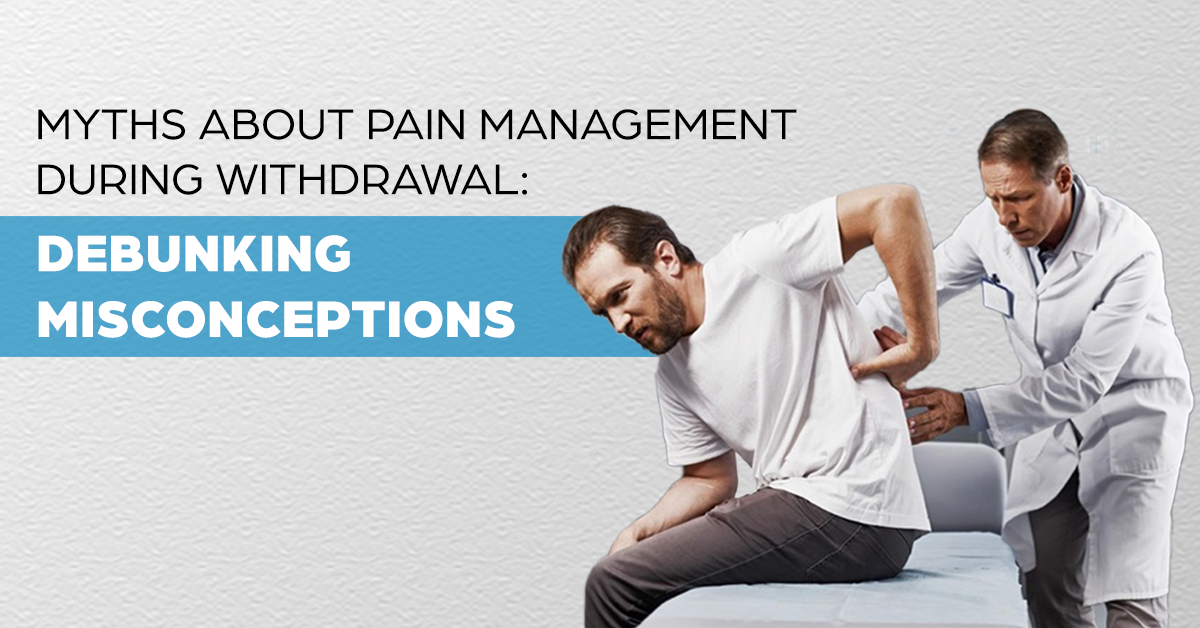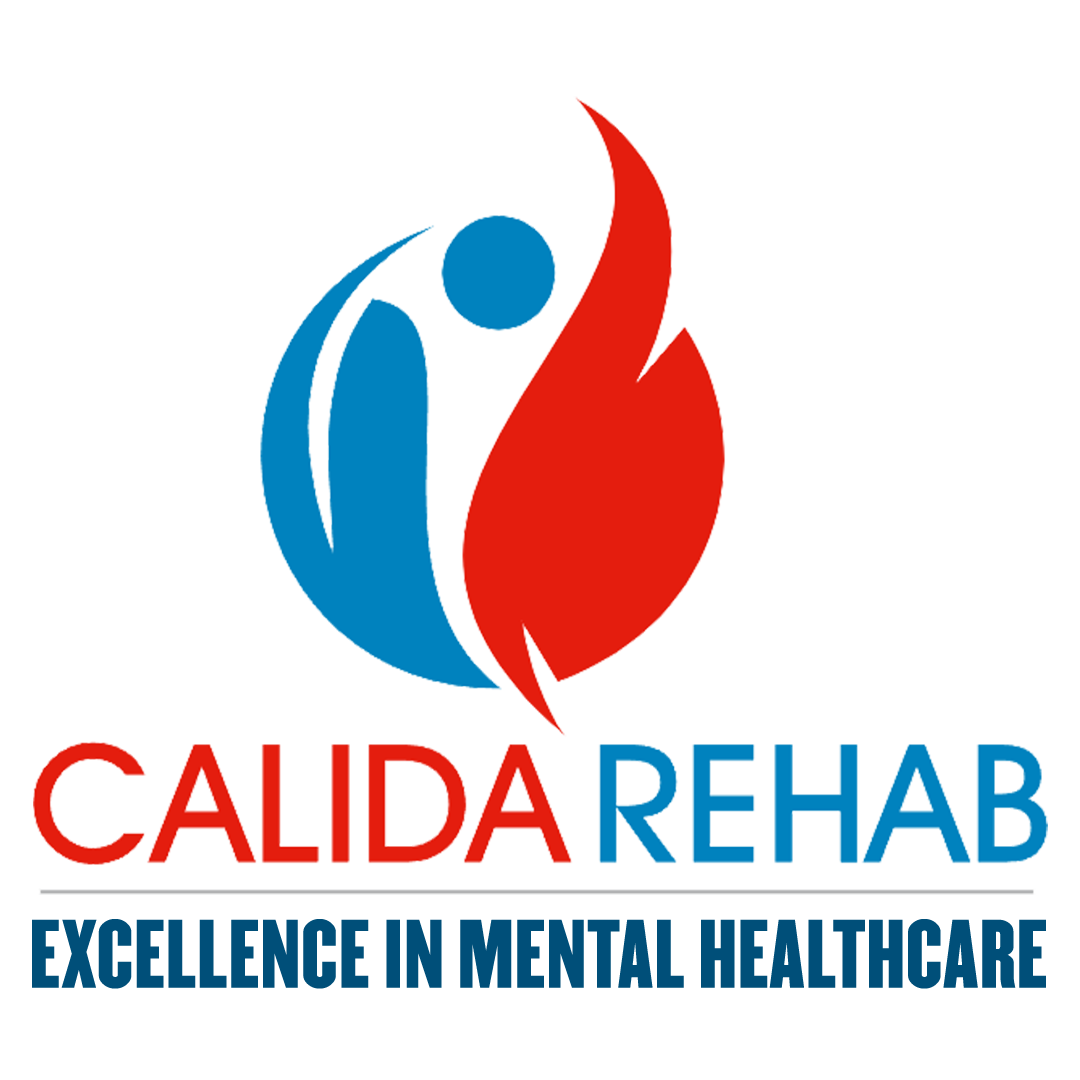
Myths About Pain Management During Withdrawal: Debunking Misconceptions
Withdrawal from substance use is one of the most challenging yet essential steps toward recovery. However, the journey is often clouded by myths and misinformation that create unnecessary fear, prevent individuals from seeking help, or foster unhealthy approaches to recovery. Among these myths, the ones surrounding pain management during withdrawal are particularly damaging, as they perpetuate the idea that recovery is an unbearable process.
In reality, withdrawal symptoms can be managed effectively with the right medical and therapeutic interventions. Let’s explore and debunk some of the most common myths about pain management during withdrawal and shed light on the realities of the recovery process.
Myth 1: Withdrawal Pain Is Unbearable and Cannot Be Managed
Reality:
A common misconception is that withdrawal involves intolerable, unrelenting pain that cannot be controlled. While withdrawal symptoms can vary in intensity depending on the substance, the duration of use, and individual factors, advances in medical care have made it possible to manage these symptoms effectively.
Medications, medical supervision, and personalized care plans can significantly ease the physical and emotional discomfort associated with withdrawal. For example, medications such as benzodiazepines, anti-nausea drugs, or pain relievers are often used to help patients feel more comfortable during detox.
At Calida Rehab, we understand the importance of providing compassionate, individualized care. Our facilities are equipped with medical professionals who specialize in pain management and ensure that every patient experiences as little discomfort as possible during their withdrawal journey.
Myth 2: Pain During Withdrawal Means the Treatment Isn’t Working
Reality:
Some people believe that experiencing pain during withdrawal indicates that the treatment is ineffective or that something is wrong with the process. In reality, withdrawal symptoms are a natural response as the body adjusts to functioning without the substance.
Rather than being a sign of failure, mild to moderate discomfort can signify that the body is detoxifying and beginning to heal. However, it’s essential to manage these symptoms effectively to ensure patient safety and comfort.
At Calida Rehab, our focus is on making the withdrawal process as smooth as possible. Beyond medical support, we incorporate therapies like relaxation techniques, mindfulness practices, and physical therapy to reduce discomfort and improve the overall experience.
Myth 3: You Must “Tough It Out” Without Medication
Reality:
One of the most harmful myths about withdrawal is the belief that people must endure the process without medical assistance or pain relief. This “cold turkey” approach not only causes unnecessary suffering but can also lead to serious complications, including seizures, dehydration, or even death in extreme cases.
Modern rehabilitation centers use evidence-based treatments to ensure a safe and comfortable detox process. Medications like buprenorphine and methadone are often prescribed for opioid withdrawal, while benzodiazepines are used to manage alcohol withdrawal symptoms. These medications are carefully administered under medical supervision to prevent dependency and facilitate a smoother recovery process.
At Calida Rehab, we emphasize the importance of professional care. Our team creates customized withdrawal plans that address each patient’s unique needs, providing the right medications and therapies to ensure safety and comfort.
Myth 4: Pain Management During Withdrawal Leads to Addiction to New Medications
Reality:
A widespread fear is that using medications to manage withdrawal pain could lead to dependency on these new substances. While this concern is understandable, the reality is that medications used during detox are carefully selected and administered to minimize the risk of addiction.
For example, medications like buprenorphine are designed to ease cravings and withdrawal symptoms without creating the euphoric effects associated with the addictive substance. These medications are part of a broader treatment plan that includes therapy, counseling, and lifestyle changes to support long-term recovery.
At Calida Rehab, we follow strict protocols to ensure that all medications are used safely and effectively, focusing on helping patients transition to a substance-free life.
Myth 5: Everyone Experiences the Same Level of Pain During Withdrawal
Reality:
Withdrawal is a highly individualized experience, influenced by factors such as:
- The type of substance used (e.g., alcohol, opioids, stimulants).
- The duration and frequency of use.
- The individual’s overall physical and mental health.
- Co-occurring disorders, such as anxiety, depression, or trauma.
While some people may experience mild symptoms, others may have more intense reactions. This variability underscores the importance of personalized care. A professional rehabilitation center evaluates each patient’s unique situation to create a tailored treatment plan that addresses their specific needs and symptoms.
At Calida Rehab, we prioritize personalized care, ensuring that every patient receives the right combination of medical, psychological, and holistic support.
Myth 6: Pain Is Solely Physical During Withdrawal
Reality:
Another common misconception is that withdrawal pain is purely physical, such as muscle aches, headaches, or nausea. While these symptoms are common, withdrawal also involves significant emotional and psychological challenges. Anxiety, depression, insomnia, and mood swings are often part of the withdrawal experience and can be just as distressing as physical symptoms.
Effective pain management during withdrawal addresses both physical and emotional discomfort. Counseling, support groups, and therapies like mindfulness and yoga are essential components of a comprehensive treatment plan.
At Calida Rehab, we offer holistic care that integrates medical treatment with emotional and psychological support, helping patients navigate every aspect of the withdrawal process.
How Calida Rehab Supports Pain-Free Recovery
At Calida Rehab, we believe that no one should fear the withdrawal process. Our team is dedicated to providing safe, compassionate, and effective care through:
- Medically Supervised Detox: Round-the-clock monitoring and interventions to ensure safety and comfort.
- Holistic Therapies: Yoga, meditation, and nutritional support to promote overall well-being.
- Psychological Support: Individual counseling, group therapy, and support groups to address emotional challenges.
- Custom Treatment Plans: Tailored care plans that prioritize each patient’s unique needs and recovery goals.
Conclusion
The myths surrounding pain management during withdrawal often create unnecessary fear and hesitation, preventing individuals from seeking the help they need. However, with the right support, withdrawal is a manageable and essential step toward recovery.
At Calida Rehab, our experienced team is here to guide you or your loved one through a safe, comfortable, and effective withdrawal process. We are committed to helping our patients overcome addiction and regain control of their lives.
If you or someone you know is struggling with addiction, don’t let fear hold you back. Contact Calida Rehab today and take the first step toward a healthier, addiction-free future.
For more information about our services, visit Calida Rehab or call us to book a consultation. Together, we can help you achieve lasting recovery.
